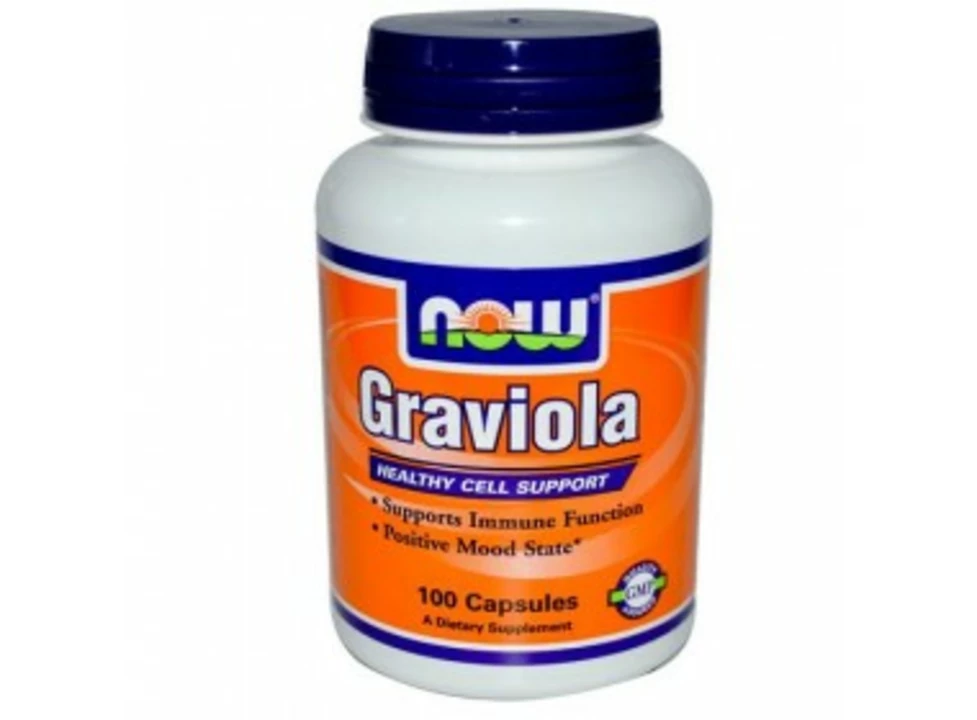Immunity Boost: Practical Ways to Strengthen Your Immune System
Want fewer colds, faster recovery, or just more energy? Small daily choices move the needle more than flashy supplements. Your immune system listens to sleep, food, movement and stress. Here are clear, useful steps you can apply right away.
Daily habits that make a real difference
Sleep matters. Aim for 7–9 hours most nights. Studies link shorter sleep to higher rates of respiratory infections. If you can't get long sleep every night, focus on consistent bed and wake times and a dark, cool room.
Eat real food. Whole fruits, vegetables, lean protein and healthy fats support immune cells. Pick colorful veggies for antioxidants and fiber. Try a meal with fatty fish, a big salad, or beans and brown rice—these meals give nutrients your immune system uses.
Move regularly. You don't need intense workouts daily. A brisk 30-minute walk five times a week improves circulation and helps immune surveillance. Strength training two times a week supports muscle and metabolic health, which matters for long-term immunity.
Manage stress. Chronic stress raises inflammation and weakens immune response. Simple tools work: five minutes of focused breathing, a short walk, or journaling. If stress feels overwhelming, talk to a professional—therapy and guided programs help.
Smart supplements, vaccines, and hygiene
Vaccines are the single best protection against serious infections. Keep routine vaccines up to date and get seasonal shots like flu when recommended. Vaccination trains your immune system directly and reliably.
Use supplements sensibly. Vitamin D often helps people with low levels—typical maintenance is 800–2000 IU daily, but check your blood level and consult your doctor before starting. Vitamin C (500–1000 mg) and zinc lozenges (15–30 mg) can reduce cold length when taken early, but they’re not magic cures. Stop zinc after a few days to avoid side effects and talk to a clinician if you take other medications.
Probiotics can help gut health, which links to immunity. Look for strains with clinical evidence and use them short-term if you had antibiotics or digestive issues. Hydration matters too—water keeps mucus thin and supports cellular function.
Good hygiene still works. Regular handwashing, avoiding close contact with sick people, and staying home when you’re ill reduce spread. For extra protection in crowded places, a well-fitting mask helps.
Quit smoking and limit heavy drinking. Both damage immune defenses and raise infection risk. If quitting feels tough, ask your healthcare provider about proven support options.
If you have chronic illness or take medications that affect immunity, talk with your doctor about personalized steps. Small, consistent changes add up fast. Start with one habit—better sleep or an extra serving of vegetables—and build from there. Explore our articles on vaccines, antiviral news, and supplements for more detail and practical guides.
Graviola: The Powerful Dietary Supplement You Need to Boost Your Immunity
I recently came across Graviola, an incredible dietary supplement that can help boost our immunity. This powerful, natural substance is derived from a tropical fruit tree and has been used for centuries in traditional medicine. Not only does Graviola aid in strengthening our immune system, but it also has antioxidant properties and supports overall health. I'm excited to incorporate this amazing supplement into my daily routine and I think you should too! Don't miss out on the benefits Graviola has to offer in maintaining a strong and healthy immune system.

